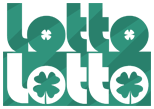Statistics for Powerball (US)
Statistics of real draws
Powerball statistics only consider draws carried out since October 7, 2015, when the rules/matrix changed (range of white balls and powerballs).
Powerball (until the draw 3483 on
Apr 29, 2024)
Two consecutive numbers
Occurrences of sequences of two consecutive numbers in a draw
Ocorrências totais
Incluindo ocorrências de mais de uma sequência no mesmo sorteio
Actual frequency
Expected frequency
|
Actual
occurrences
|
Expected
occurrences
|
Last
draw
|
Shortest
interval
|
Longest
interval
|
Current
interval
|
Average
interval
|
|
309
|
300
|
3475
|
1
|
2452
|
8
|
3.69
|
Ocorrências únicas
Desconsiderando ocorrências de mais de uma sequência no mesmo sorteio
Actual frequency
Expected frequency
|
Actual
occurrences
|
Expected
occurrences
|
Last
draw
|
Shortest
interval
|
Longest
interval
|
Current
interval
|
Average
interval
|
|
278
|
274
|
3475
|
1
|
2452
|
8
|
3.69
|
- The first table shows the amount of times that occurred sequences of two consecutive numbers in a single draw, considering all draws of powerball (with the current matrix) and including occurrences of more than one sequence of two consecutive numbers in a single draw (eg: a draw with the numbers 1, 2, 15, 16, 25 and 47 counts as two occurrences of a sequence of two numbers).
- The second table shows the amount of times that occurred sequences of two consecutive numbers in a single draw, considering all draws of powerball (with the current matrix) and not including occurrences of more than one sequence of two consecutive numbers in a single draw (eg: a draw with the numbers 1, 2, 15, 16, 25 and 47 counts as one occurrence of a sequence of two numbers).
- Actual occurrences are the real occurrences of sequences of two consecutive numbers in draws.
- Expected occurrences are the expected occurrences of sequences of two consecutive numbers in draws, according to mathematical probability.
- Last draw is the most recent draw in which occurred a sequence of two consecutive numbers.
- Longest interval is the longest gap between draws in which occurred a sequence of two consecutive numbers.
- Current interval is the current interval since the last draw in which occurred a sequence of two consecutive numbers.
- Average interval is the general average interval between draws in which occurred a sequence of two consecutive numbers (until the last draw in which occurred a sequence of two consecutive numbers).
- The actual and expected occurrences tend to get closer to each other the largest the sample.
Main
Results
Statistics
Wheels
Subscription


